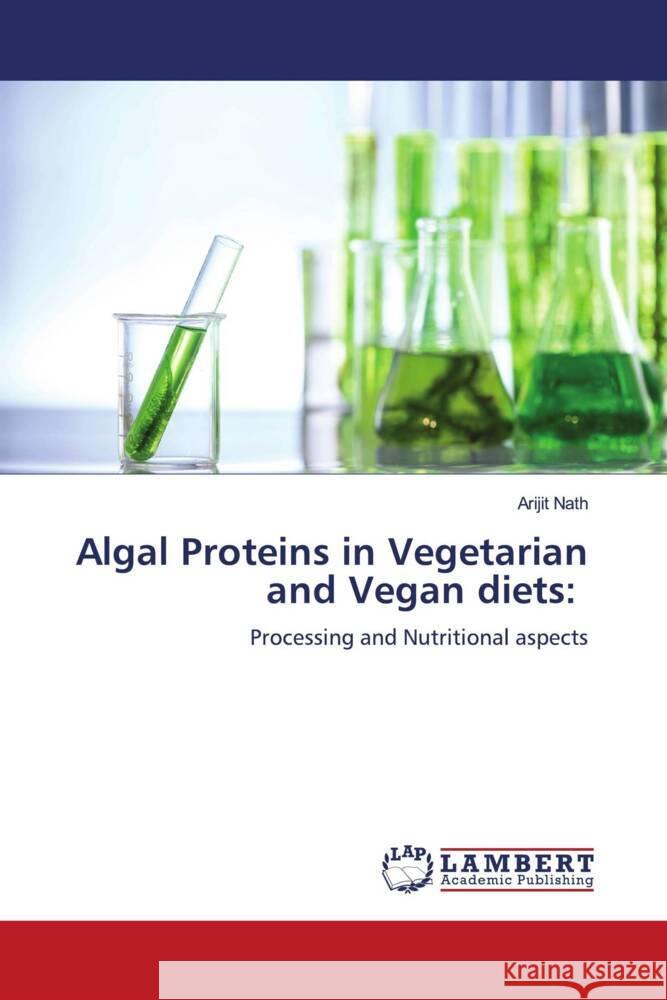Algal Proteins in Vegetarian and Vegan diets: » książka
Algal Proteins in Vegetarian and Vegan diets:
ISBN-13: 9786205529034 / Angielski / Miękka / 80 str.
Nowadays, there are immense concerns about forthcoming uncertainty related with increasing demands of food, energy and freshwater. In this context, oxygenic photosynthetic algae have opened a new horizon. Vegetarian and vegan food habits become more and more attractive among all races and continents for sustainable health. Unfortunately, adverse outcomes from conventional animal- and plant- based protein sources have been reported. The quality of food protein products is evaluated mainly by protein content, amino acid profile and digestibility. Presently, algae are considered as a source of vegetarian and vegan protein for sustainable health. Algal biomass contains high concentration of protein (up to 70% by dry weight) and algal proteins can be considered as best plant-based protein because it can provide all types of amino acids including essential amino acids, similar to meat, egg, soybean and milk proteins. Furthermore, for production of proteins from algae required lower land space compared to animal-based proteins and there is no competition with terrestrial crops. It may belief that algal protein may fulfill the ever-growing demand of high-quality protein-rich foods.











